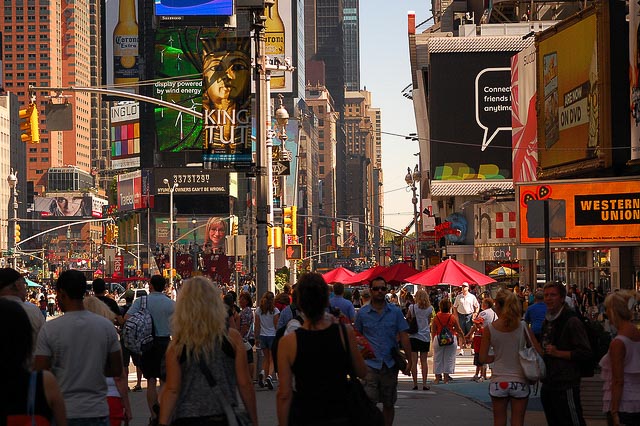Ryan Holeywell | @RyanHoleywell | June 3, 2016
While the Urban Edge strives to provide readers with daily news and insights about urban policy, we’re also voracious readers of city news ourselves. As part of a new weekly feature, Senior Editor Ryan Holeywell highlights the week’s most interesting articles from around the web about urban policy and city life.
How Obama Changed the Relationship Between Washington, the States and the Cities
 Image via flickr/The White House.
Image via flickr/The White House.The Obama administration came into office with hopes of fostering a collaborative spirit with the nation’s governors. That’s not exactly how things panned out. “It’s clear now that the Obama years will be remembered as a time when states and the federal government were rarely partners, as Obama had envisioned, but mostly adversaries,” Governing reports.
As Austin’s Black Population Falls, a Question of Representation Rises
 Image via flickr/atmtx.
Image via flickr/atmtx.Black residents once represented 15 percent of Austin's total population, but over the last two decades, that percentage has fallen in half. Despite its huge population growth, the number of black people in the city continues to decline. A new survey finds the majority of the black residents who left the city did so because they could no longer afford to live there, the Austin American-Statesman reports.
What Happened When an Already-Crazed City Charged People to Reserve Space at a Public Park
 San Francisco's Dolores Park. Image via flickr/Mik Scheper.
San Francisco's Dolores Park. Image via flickr/Mik Scheper.Earlier this spring, San Francisco started letting people rent portions of one of the city's most popular parks for $33. Not picnic tables. Not pavilions. Just grass. The move prompted outrage, and critics said the situation symbolized the city's position as a playground for the wealthy. But the Washington Post's Wonkblog makes the case that the reservation system might actually be a good way to ensure everyone is paying their fair share.
Your Landlord Is a Drag on Growth
 Image via flickr/Charleston's TheDigitel.
Image via flickr/Charleston's TheDigitel.Some economists fear that landlords hurt economic growth by making it expensive to live in productive cities, Bloomberg writes. The evidence: data show that Americans are moving and changing jobs less often than they have in the past.
Why Some People Find Crowded Cities Relaxing — And Others Don't
 Image via flickr/Sukwendo.
Image via flickr/Sukwendo.New research suggests that people neurotic tendencies tend to find calm in “high-anxiety” situations, City Lab reports. In one experiment, the researchers played audio of ocean waves, followed by the sound of honking taxi cabs. The neurotic types found the latter to be more satisfying. So if you consider yourself a neurotic and need some R&R, you may want to eschew a stroll through the park and instead consider hanging out near traffic or crowds.

